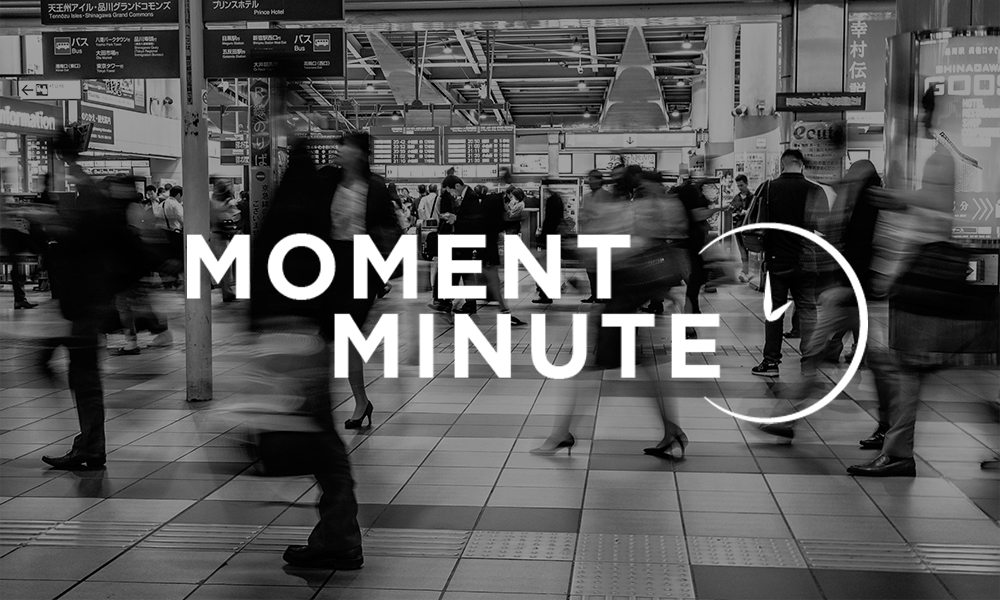
This piece is adapted from Moment’s flagship newsletter, Moment Minute. Sign up here.
When A.B. Yehoshua called Moment’s office in 2012, the person who answered the phone had no clue who the man with the heavy accent was and wouldn’t put him through, telling me a few minutes later an “Aibee Joshua” had called and left a message. (We never made that mistake again.) A.B. Yehoshua, or “Buli” as he was known, was a character. He said what he meant—once telling a Moment editor the premise of her question was “narrow and stupid”—and for some reason he answered my emails in ALL CAPS. I think it was just because he cared so much: about what he wrote, about how it was edited, and also about the Jewish people and the future of the State of Israel.
Yehoshua died on Tuesday at the age of 85, and it’s hard not to feel we are nearing the end of an era. Aharon Appelfeld (1932-2018), Amos Oz (1938-2018) and A.B Yehoshua (1936-2022) represented a generation of Israeli literary lions who viewed themselves (or maybe the mantle was put upon them) as not only writers of fiction but as the moral consciousness of a nation.
Yehoshua was often in Moment’s pages, sometimes as a writer, sometimes as the subject of a book review, and in recent years a voice of wise advice. A few years ago, Yehoshua took part in our symposium in which we asked: “What piece of advice do you think is most important to pass on to the next generation?” His answer, reprinted in full below, still resonates today:
Today we Jews speak a lot about tikkun olam, repairing the world. I would like Jews to speak more about tikkun atzmam, repairing ourselves. This was the foundation of Zionism: Not changing the world, but changing the Jew. The basis for knowing how to change, what to change, what to keep—of identity and tradition—and what to repair, this starts with “know yourself.” The most important sentence that has ever been said in history is the Greek advice: “Know yourself.” This ancient wisdom was engraved on the Temple of Delphi in Greece 500 years before Jesus. Know yourself is important for everyone, on the personal level and also on the collective level. For Jews, it is even more important because our history is full of disasters. There is the Holocaust, and still today the question of the survival of Israel in the face of threats of total destruction. Apart from blaming others and trying to find evil in the world, we have to understand more profoundly this dangerous interaction between us and the world. Understanding yourself and trying to change yourself according to what you discover, this is for me—as a Jew, as an Israeli and as a world citizen—one of the most important things that I would like to pass on to the coming generation.
May his memory be a blessing.
